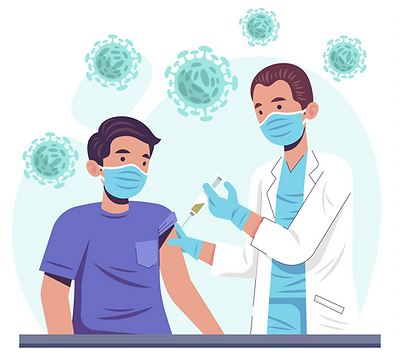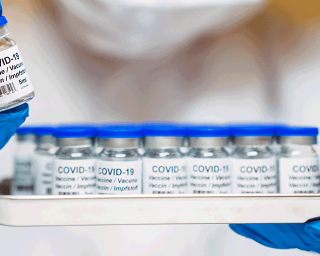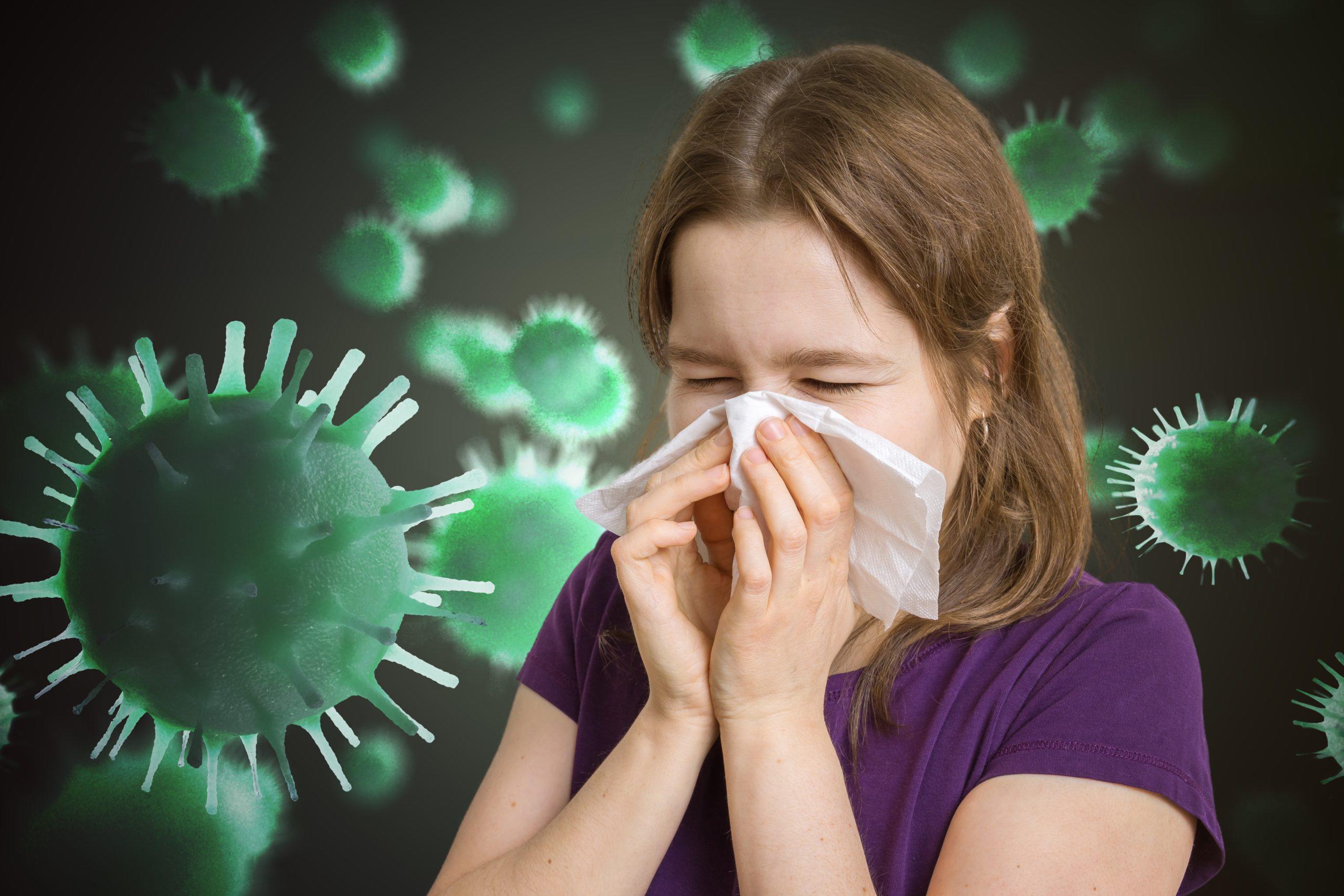In a world faced with numerous health challenges, immunizations have emerged as one of the most effective ways to protect ourselves and those around us. Whether it's vaccines for infants or adults, the importance of staying up-to-date on immunizations cannot be overstated. This blog post aims to shed light on why immunizations matter in safeguarding our health, preventing the spread of diseases, and ultimately contributing to a healthier society for all.
Understanding Immunizations: What Are They?
Immunizations, also known as vaccinations or shots, are a way to boost our immune system's ability to fight off certain diseases. They work by introducing small amounts of harmless antigens into our bodies. These antigens stimulate an immune response that helps our bodies recognize and fight against specific viruses or bacteria.
One example is the measles-mumps-rubella (MMR) vaccine. By receiving this vaccine, we protect ourselves from these highly contagious diseases that can cause severe complications such as pneumonia or brain inflammation. Vaccines like MMR have not only reduced the number of cases but have even helped eradicate some diseases altogether.
But it's not just about protecting ourselves; immunizations play a crucial role in preventing outbreaks and protecting vulnerable populations such as infants who are too young to receive certain vaccines or individuals with weakened immune systems.
Benefits of Immunizations: Protecting Yourself
Immunizations offer several benefits beyond personal protection:
-
Prevention: Vaccines prevent illnesses before they occur by bolstering our body's defenses against specific pathogens. By taking preventive measures through vaccination, we can avoid serious illnesses that could lead to hospitalization or long-term complications.
-
Safe and Effective: Extensive research and testing go into developing vaccines to ensure their safety and effectiveness before they are approved for use. The careful monitoring of adverse effects continues even after vaccines are administered widely.
-
Cost-effective: It is often said that "prevention is better than cure," and this rings true when it comes to vaccines. The cost of treating diseases can far outweigh the relatively low cost of vaccines. By investing in immunizations, we not only save lives but also reduce healthcare expenses for individuals and society as a whole.
Community Immunity: The Importance of Herd Immunity
Herd immunity, also known as community immunity, occurs when a significant portion of the population is immune to a disease. This indirect protection benefits those who are unable to receive vaccines or have an impaired immune system. Here's why herd immunity matters:
-
Protection for Vulnerable Populations: Some individuals, such as newborns and individuals with weakened immune systems, cannot receive certain vaccines due to medical reasons. By ensuring that enough people in the community are vaccinated, we protect these vulnerable populations from being exposed to diseases.
-
Limiting Disease Spread: When a large portion of the population is vaccinated against infectious diseases like measles or influenza, it becomes difficult for those diseases to spread efficiently from person to person. This protects even those who are not directly vaccinated by reducing their chances of exposure.
-
Eradicating Diseases: Herd immunity plays a vital role in eradicating diseases altogether. Smallpox is one example where global immunization efforts led to its eradication in 1980.
In conclusion, immunizations provide us with important protection against preventable diseases while contributing to public health and safety on both personal and societal levels. By understanding how vaccinations work and staying up-to-date on recommended vaccine schedules, we can ensure our well-being while playing our part in safeguarding others' health too.
So remember - stay informed about your recommended vaccinations because when it comes to protecting yourself and others from potentially life-threatening illnesses - an ounce of prevention really is worth a pound of cure!




